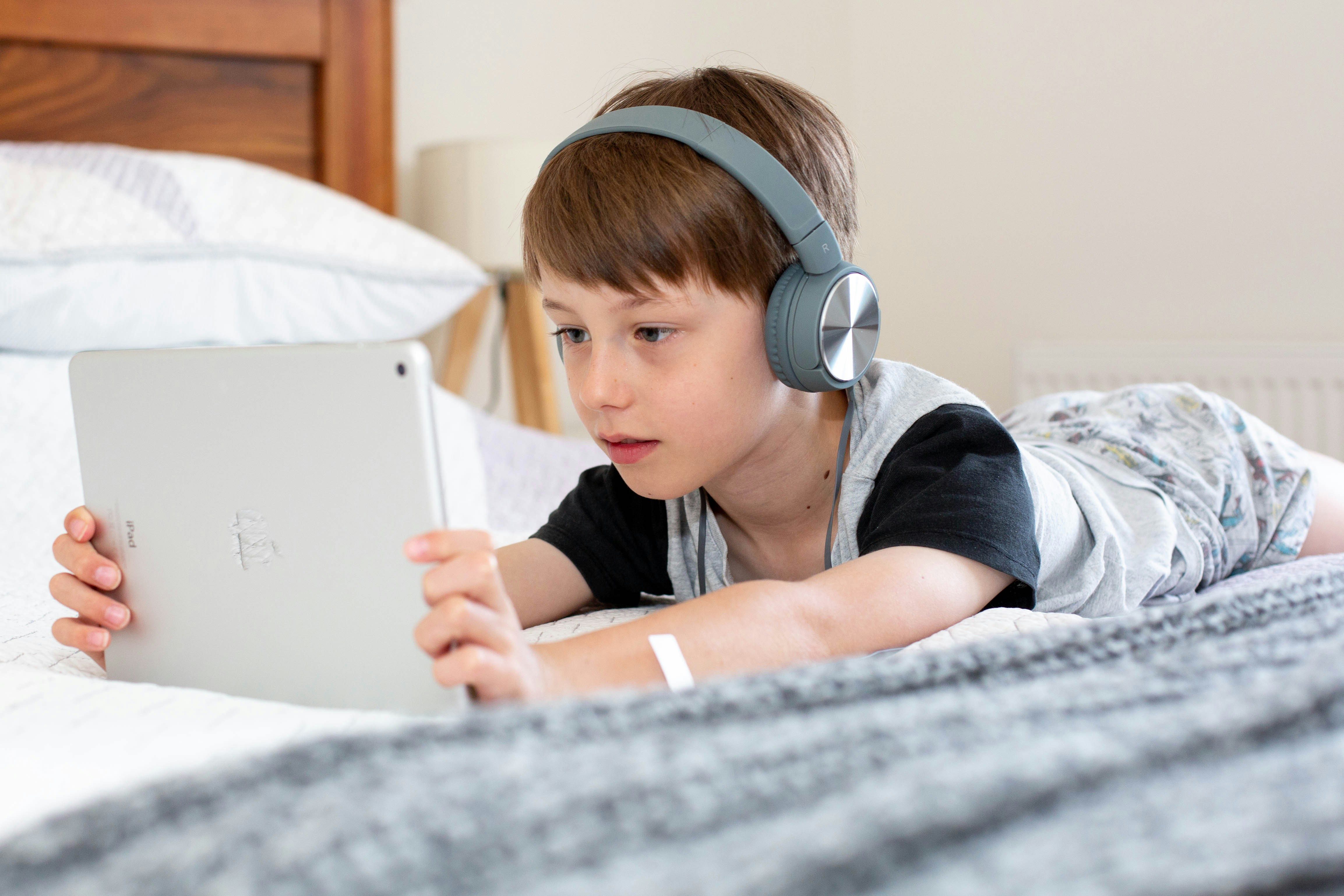News release
From:
Keep devices out of bed for better sleep – Otago study
Despite what we’ve been led to believe, the timing of evening screen use, rather than the activity itself, negatively impacts youth sleep, a University of Otago study has found.
Current sleep guidelines recommend no screen use in the hour or two before bed. However, the researchers found screen time in the two hours before bed had little impact on youth sleep, it was screen time once in bed that caused problems.
Lead author Dr Bradley Brosnan, of the Edgar Diabetes and Obesity Research Centre, says screen time is a mainstay in adolescents’ bedtime routines, and sleep guidelines need to be revaluated to better reflect modern life.
Published in JAMA Pediatrics, the study had 85 adolescents aged 11 to 14 years wear a body camera on their chest from three hours before bed until they got into bed, over the course of one week. Along with the body camera capturing when, what and how they used their screens, a second infrared camera was placed in their bedrooms to capture their screen time while in bed. They also wore an actigraph, a watch-sized device which measures sleep.
“It quickly became obvious that adolescents spend a lot of their screen time while in bed,” Dr Brosnan says.
The researchers found 99 per cent of participants used screens in the two hours before bed, more than half used screens once in bed, and a third used them after first trying to go to sleep for the night.
“Our most interesting findings were that this screen time before they got into bed had little impact on sleep that night.
“However, screen time once in bed did impair their sleep – it stopped them from going to sleep for about half an hour, and reduced the amount of sleep they got that night.”
This was particularly true for more interactive screen activities like gaming and multitasking – when more than one device is used at the same time, such as watching a movie on Netflix on a laptop while playing Xbox on a gaming device.
“Every additional 10 minutes of this type of screen time reduced the amount of sleep they got that night by almost the same amount.
“Our findings suggest that the impact of screen time on sleep is primarily through time displacement delaying sleep onset rather than any direct effects of blue light or interactive engagement as we didn’t find associations with sleep latency and wakefulness during the sleep period.”
Dr Brosnan says a ‘simple’ sleep guideline – in theory but not necessarily reality – would be for devices to be kept out of the bedroom, allowing teenagers to use their devices before bed, but not in bed.
“We need to revisit sleep guidelines, so they fit the world we live in, and actually make sense – the current ones aren’t achievable or appropriate for how we live.”
For Dr Brosnan, applying his expertise in research and health to effect meaningful, practical change is a central focus. He has been developing screenwise.co.nz, an online platform to help parents and whānau in Aotearoa New Zealand better manage screen time at home.
“Screenwise is about providing realistic, evidence-based tips and tools that parents can easily incorporate into their daily routines. I’m starting with my community, doing talks and group sessions at local schools, to continue educating parents, youth, and whānau on building healthier screen habits for better sleep and overall well-being.”
Multimedia





 New Zealand
New Zealand



